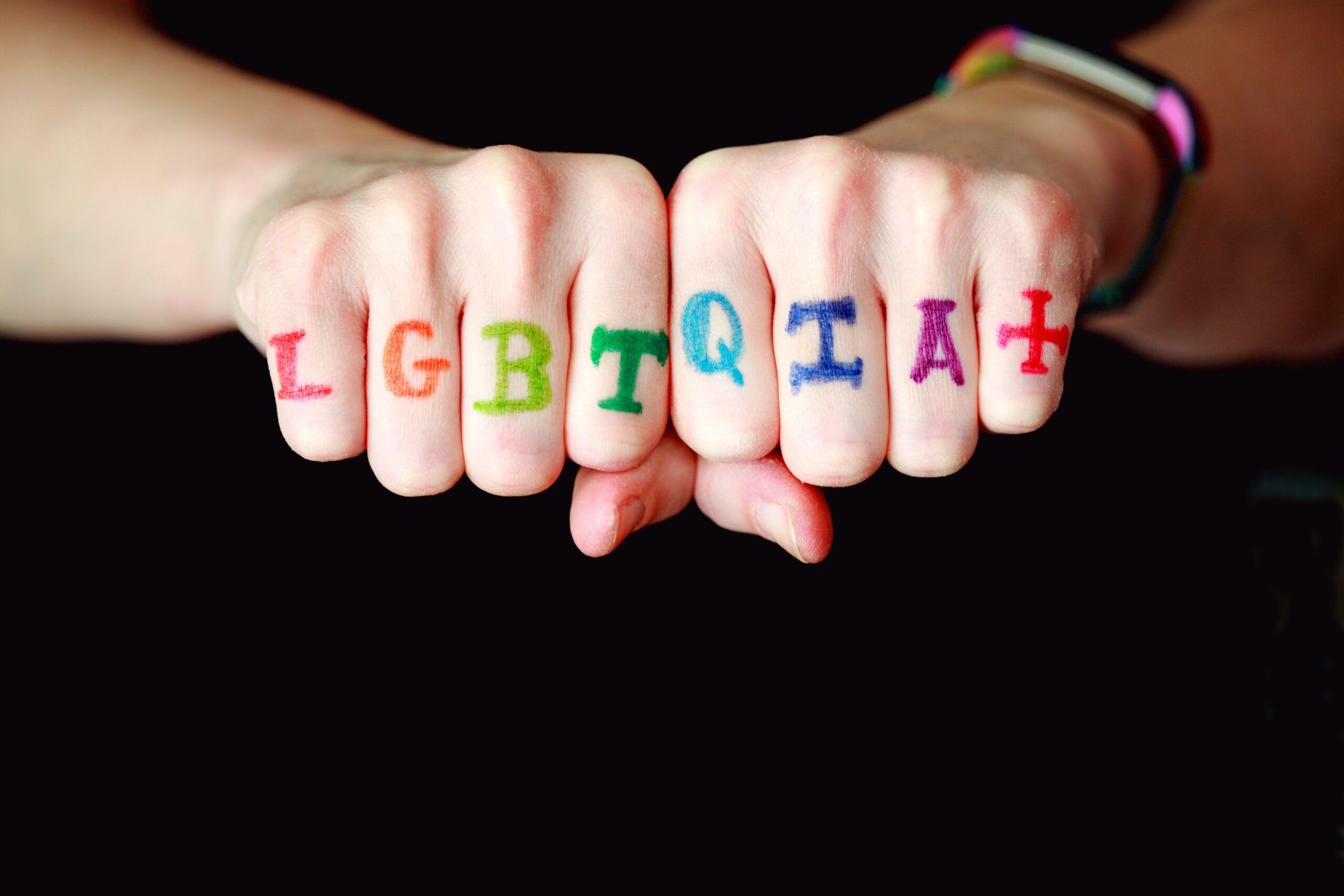If you’ve watched BoJack Horseman, read Archie comics, or been rejected by someone who says they like you but your genitals gross them out, then you’re familiar with asexuality — but probably not as familiar as you think. A 2019 poll found that 76% of those surveyed weren’t able to accurately define asexuality, despite 53% […]

